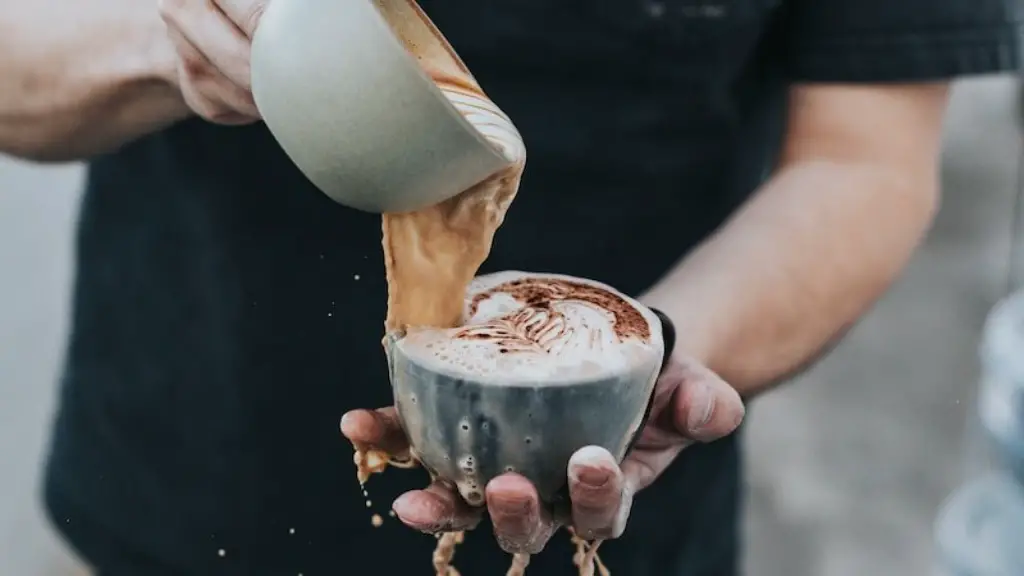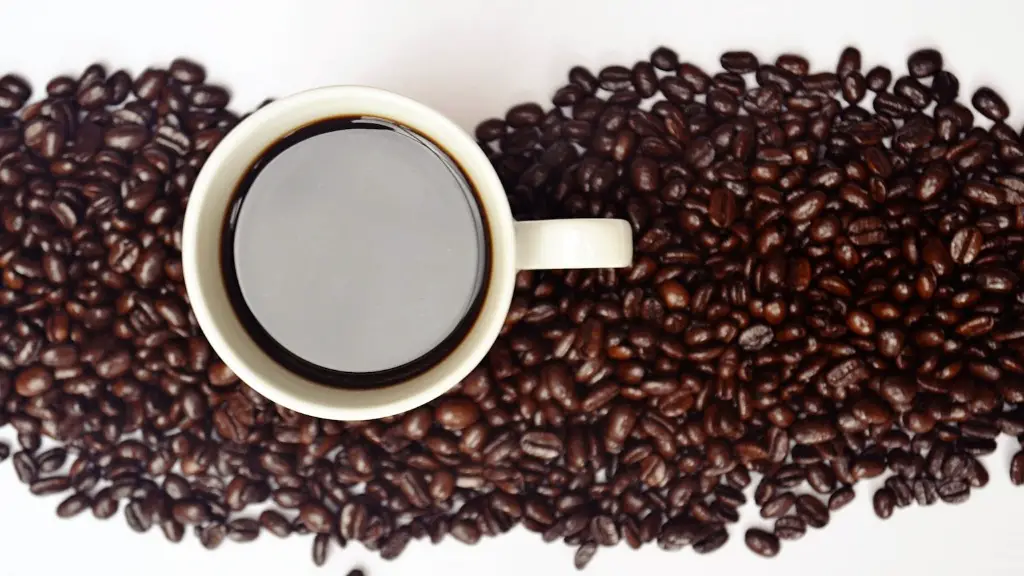Why do I get so Tired after Drinking Coffee
Coffee is often touted for its energizing effects, but for some people, coffee can have the opposite effect. For some, drinking coffee leads to feelings of exhaustion, drowsiness, and fatigue. To better understand why this happens, it’s important to consider how coffee affects the body biologically and more specifically, how caffeine works within the body.
Caffeine has a stimulant effect on the body because it works to improve concentration, alertness and reaction times. It blocks the action of an inhibitory neurotransmitter adenosine, which can make people feel more awake and energized. Though coffee has these invigorating effects on the body, certain people with an especially sensitive response can actually feel more tired after ingesting caffeine.
The way caffeine may cause fatigue has to do with the body’s physical response to coffee. Stimulants, including caffeine, can have a cumulative effect. If people consume coffee on a daily or near-daily basis, their bodies can become “tolerant” of the substance and rely on it for energy. Too much caffeine can also increase blood sugar levels, which can lead to an insulin spike, a crash, and feelings of tiredness.
It is important to consider other biological factors that can make someone more or less sensitive to the effects of caffeine. Genetics, age, and the state of one’s physical and mental health can all play a role in how the body responds to coffee. People may also find that drinking coffee leads to a crash if they are having trouble sleeping and are drinking coffee late in the day. Caffeine can stay in the body for 4-6 hours, meaning that if it is ingested in the afternoon or evening, it can interfere with one’s ability to fall asleep.
Metabolic Factors
Another potential cause of fatigue after drinking coffee has to do with metabolic factors. People with metabolic conditions like diabetes may find that their bodies respond differently to the stimulating effects of caffeine. In these cases, caffeine can cause fatigue because the body’s response to the chemical can be erratic, making energy levels unpredictable and resulting in a crash.
Certain metabolic disorders may also make people more sensitive to the stimulatory effects of caffeine. People with impaired glucose tolerance, for example, may be extra sensitive to the caffeine found in coffee and thus may experience fatigue, agitation, or anxiety.
In cases of metabolic disorders, or if an individual finds that they are extra sensitive to coffee, the best thing to do is to try something else — like green tea. Different types of tea contain caffeine, but in lesser amounts than coffee, and some kinds of tea can even help reduce fatigue.
Health Conditions
Finally, there are some health conditions that can also make someone more sensitive to the effects of caffeine. For example, people with anxiety disorders like PTSD, OCD, and social anxiety can be more sensitive to caffeine. These disorders can interfere with sleep, and caffeine can make the problem worse.
Conditions like acid reflux and irritable bowel syndrome can also make someone more sensitive to caffeine or other stimulants because of the increased levels of acid in the body. In these cases, it is important to manage the condition with medications or lifestyle changes in addition to avoiding coffee.
Additionally, people with chronic fatigue or other types of fatigue can also find which caffeine makes them feel more tired than energized. This is because caffeine can cause further depletion of energy, as well as dehydration, if not taken in moderation.
Age-Related Effects
Age can also determine how the body responds to caffeine. Generally, older people are more sensitive to the effects of caffeine because the body’s ability to metabolize the substance decreases with age. As a result, the stimulant effects of caffeine can last longer and can make older people feel more tired.
Adolescents and young adults are usually the least sensitive to caffeine, while younger people can still become sensitive to the effects if they consume too much coffee. In any case, it is important to be mindful of how coffee makes you feel and make sure to not consume more coffee than your body can handle.
Alternatives
If drinking coffee leads to fatigue and tiredness, there are alternatives one can try. One option is to switch to a lower-caffeine beverage like decaffeinated coffee, tea, or even hot cocoa. These alternatives still contain caffeine, but in much lower amounts. These beverages can still offer a boost of energy.
Another alternative is to focus on lifestyle changes that can promote energy and focus, like exercise, eating well, and getting enough sleep. If coffee makes you feel tired and exhausted, take a break from caffeine and focus on developing healthy habits that will provide your body with natural energy.
Finally, some people may find relief in alternative therapies. Supplements like ashwagandha, guarana, and Asian ginseng can help to naturally reduce fatigue and boost energy levels. These supplements are not for everyone, and it is always important to talk to a health professional before taking any type of dietary supplement.
Dietary Habits
Those looking to increase their energy without caffeine should also consider dietary habits. Eating a balanced diet containing plenty of fresh fruits and vegetables can provide natural energy, and making sure to stay hydrated can also help to prevent fatigue.
In some cases, it may be helpful to talk to a nutritionist or dietitian who can help to identify the best foods to eat to promote energy. Dietitians and nutritionists can also provide guidance and support in developing healthier eating habits.
Interactions with Medications
It is also important to consider any interactions between caffeine and medications someone may be taking. Caffeine has a stimulating effect on the body, and some medications have the opposite effect. It is important to talk to a doctor before consuming caffeine if you are on a medication that can potentially have a negative interaction with caffeine.
In addition, some medications like birth control can reduce the effectiveness of caffeine, making it less useful in providing energy and alertness. In cases like these, it is important to speak with a doctor about the potential side-effects of mixing your medications with caffeine.
Ending the Cycle
Overall, caffeine can provide a boost of energy, but it is important to be mindful of how your body responds to the stimulant. In some cases, drinking coffee can make you more tired, and it is important to understand why this may be happening. It is also important to consider alternatives to coffee such as teas, hot chocolate, and supplements, as well as dietary changes and lifestyle modifications. Consulting with a doctor can also be helpful in understanding how coffee may interact with any medications you may be taking. At the end of the day, the key is to listen to your body and find a way to end the cycle of fatigue.




